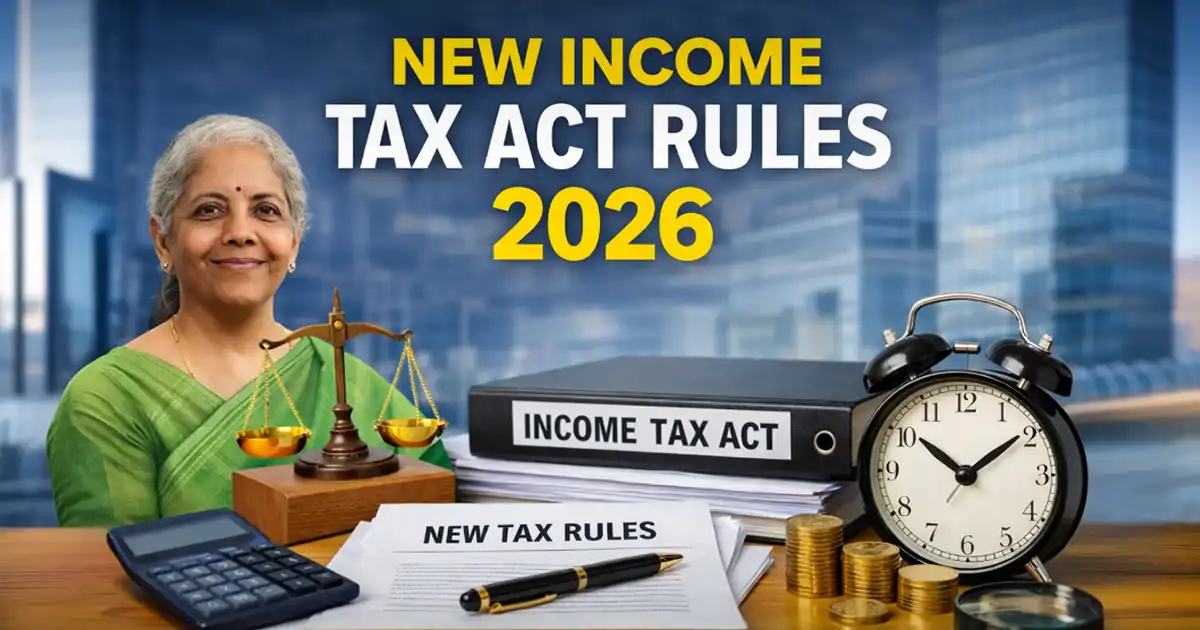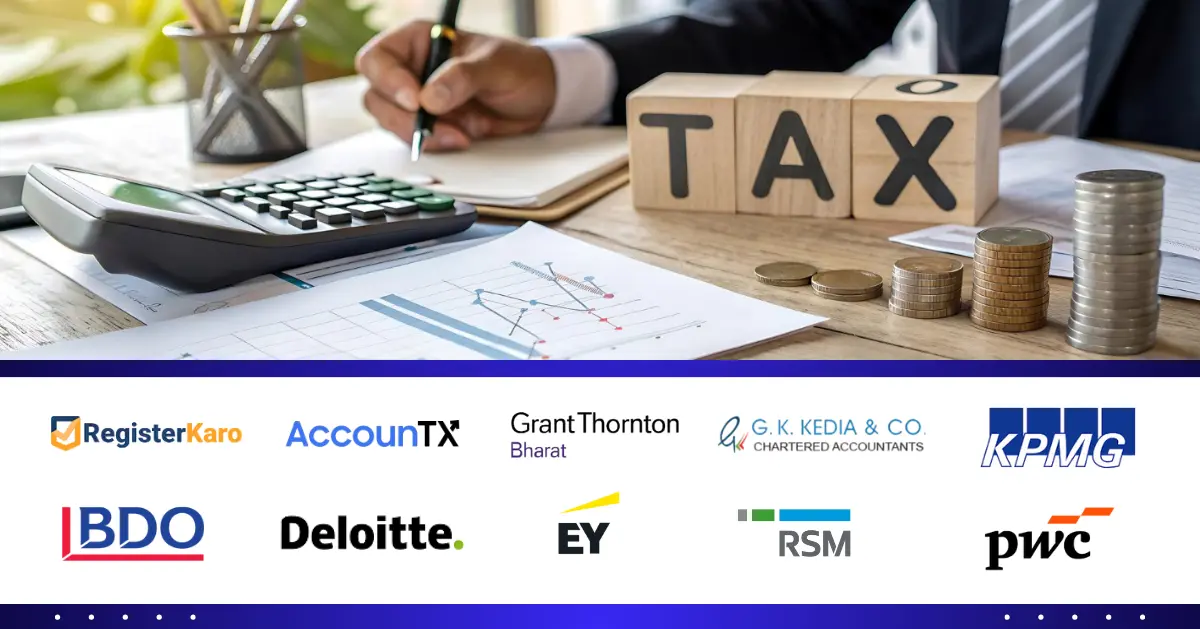
(1) Where a loss, expense, or trading liability incurred by the assessee (hereinafter referred to as the first-mentioned person) and later during any previous year has been allowed for or deducted from the assessment for any year,
(a) The amount obtained by the first-mentioned person or the value of the benefit accruing to him shall be deemed to be profits and gains of business or profession and, accordingly, chargeable to income-tax as the income of that previous year, whether the business or profession was carried on as a sole proprietorship, partnership, trust, or other similar entity.
(b) The amount obtained by the successor in business or the value of benefit accruing to the successor in business shall be deemed to be profits and gains of the business in respect of any amount in respect of which loss or expenditure was incurred by the first-mentioned person or some benefit in respect of the trading liability referred to in clause (a) by way of remission or cessation thereof.
(2) When any structure, equipment, plant, or furniture,
a) Which is owned by the assessee;
b) For which depreciation is claimed under clause I of sub-section (1) of section 32; and
c) which is sold, discarded, demolished, or destroyed if it was or has been used for business purposes, and the moneys payable in respect of such building, machinery, plant, or furniture, as the case may be, along with the amount of scrap value, if any, exceeds the written down value, up to the extent.
(3) If an asset used for capital expenditures on scientific research falls under clause (iv) of sub-section (1) or clause (c) of sub-section (2B) of section 35, read in conjunction with clause (4) of section 43, and the proceeds of the sale are combined with the total of the deductions made under clause I or, as applicable, the amount of the deduction under clause (ia) of sub-section (2), or if the amount of the capital expenditure exceeds the amount specified in subsection (2B)(c) of section 35, the excess amount—or the amount of the deductions made—whichever is less—shall be subject to income tax as income of the business or profession for the prior year in which the sale occurred.
(4) If a deduction has been granted for a bad debt or part of a debt in accordance with clause (vii) of sub-section (1) of section 36, the excess shall be deemed to be profits and gains of business or profession and shall be subject to income tax in the same manner as the income of the year in which it was granted.
(4A) Any amount later withdrawn from any special reserve created and maintained in accordance with clause (viii) of sub-section (1) of section 36 shall be deemed to be the profits and gains of business or profession and, as a result, be subject to income tax as the income of the year in which such amount is withdrawn.
(5) If the trade, business, or profession mentioned in this section is no longer in operation and there is income subject to tax under subsections (1), (3), (4), or (4A) with respect to that trade, business, or profession, any loss that resulted from that trade, business, or profession during the previous insofar as is possible, any income from the year it ceased to exist that could not be offset against any other income from the prior year shall be offset against the income subject to tax under the aforementioned subsections.
(6) For the purposes of subsection (3), references to any other provision of this Act that have been modified or omitted by the Direct Tax Laws (Amendment) Act, 1987, shall be construed, notwithstanding such modification or omission, as if such modification or omission had not been made.




